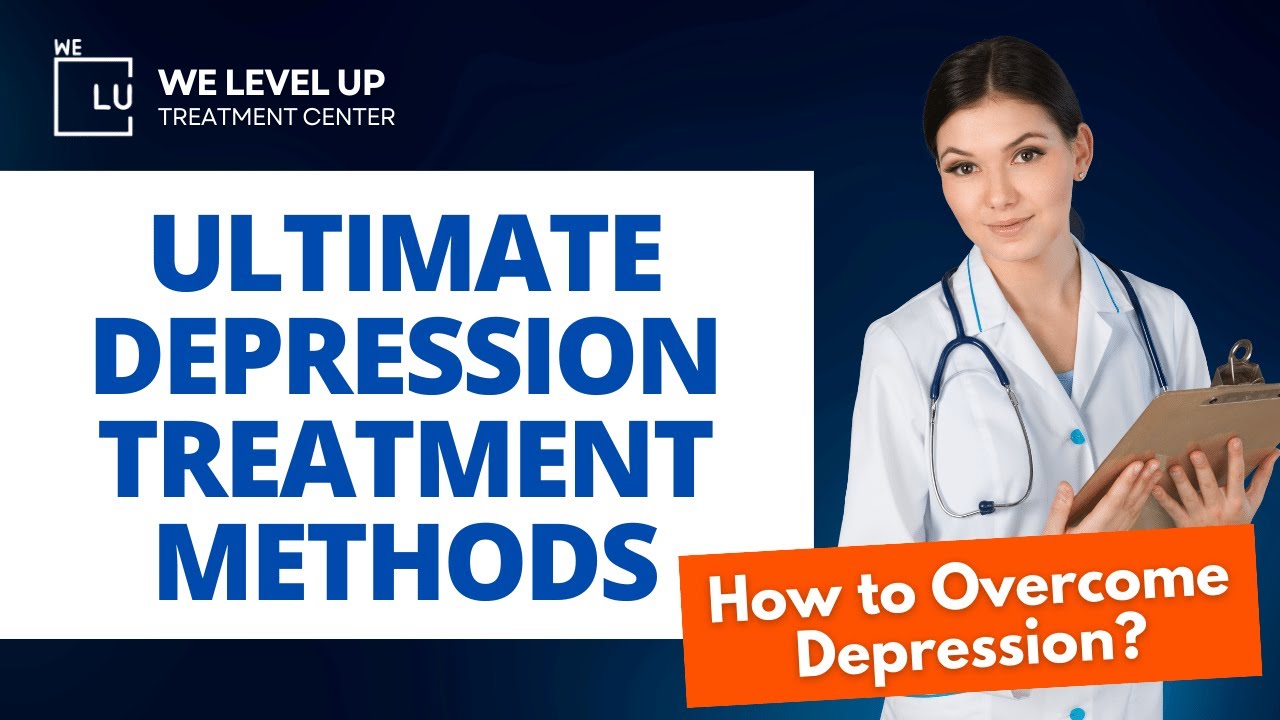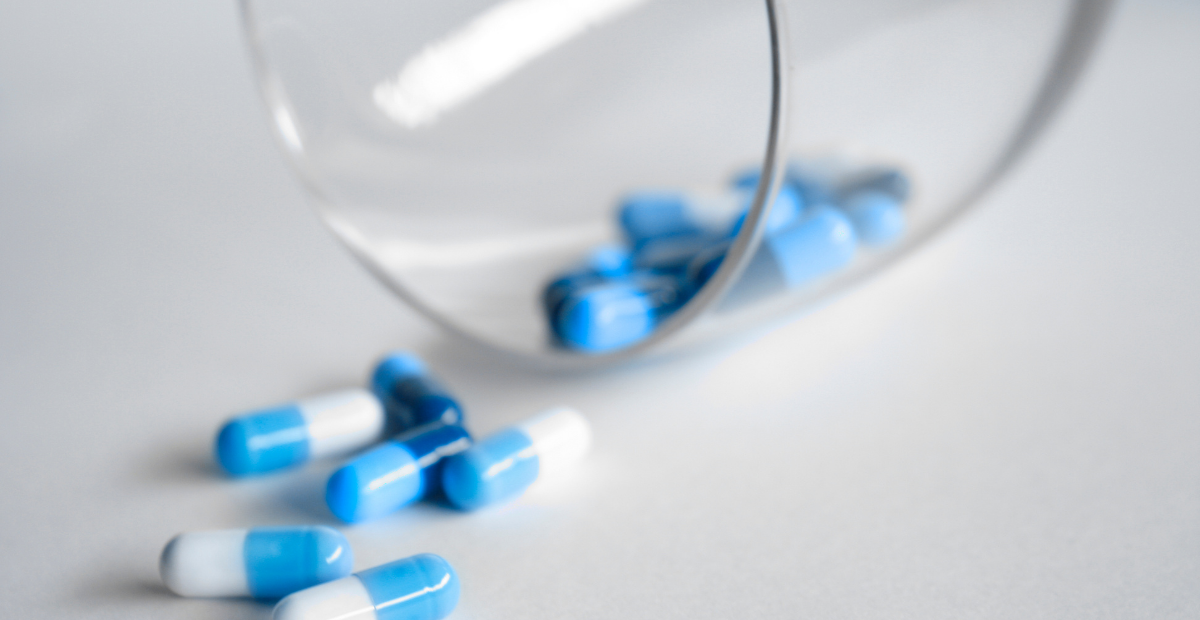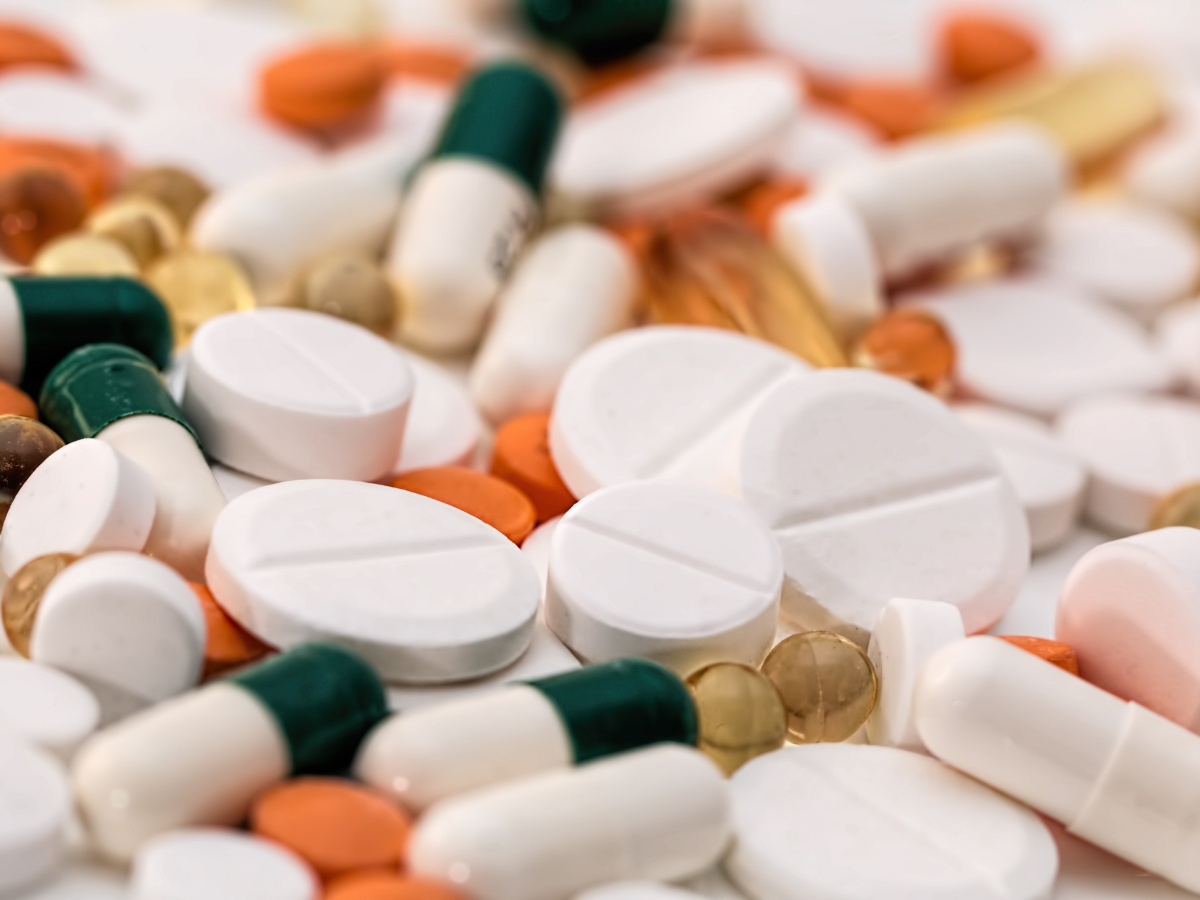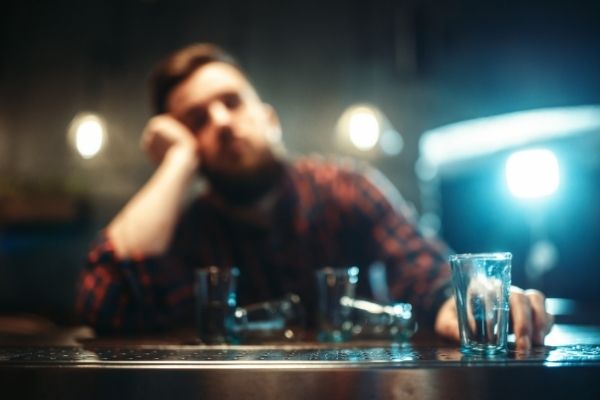What are Muscle Relaxers?
You should not drink or take muscle relaxers and alcohol at the same time. These medications make it hard to think and function normally, even if you take a low dose, so mixing prescription drugs with alcohol like muscle relaxants can increase your risk of an accident.
If you have neck or back pain, or you’re dealing with some other condition that causes muscle spasms, your doctor might prescribe a muscle relaxer (or muscle relaxant) for you. Having a muscle spasm means that one or more of your muscles is contracting and the twitching or cramping is out of your control. It can happen for a lot of different reasons, and can sometimes be very painful.
Muscle relaxants can be addictive for some people. Taking them without a prescription, or taking more than your doctor has recommended, can increase your chances of becoming addicted. So can using them over a long period of time. [1]
No matter what kind of muscle relaxers and alcohol you take, it is common to have side effects. Some muscle relaxants, however, can have potentially serious side effects, like liver damage. Your doctor will work with you to find the medication that makes the most sense for your situation.
Almost all cases of drug addiction and abuse are due to the drug carisoprodol (Soma), which is considered a schedule IV controlled substance. That’s because when the drug breaks down in your body, it produces a substance called meprobamate that acts as a tranquilizer. People who become addicted to carisoprodol sometimes abuse the drug because they are no longer using it for medical reasons, and they crave it. Soma (carisoprodol) is a muscle relaxer that blocks pain sensations between the nerves and the brain.
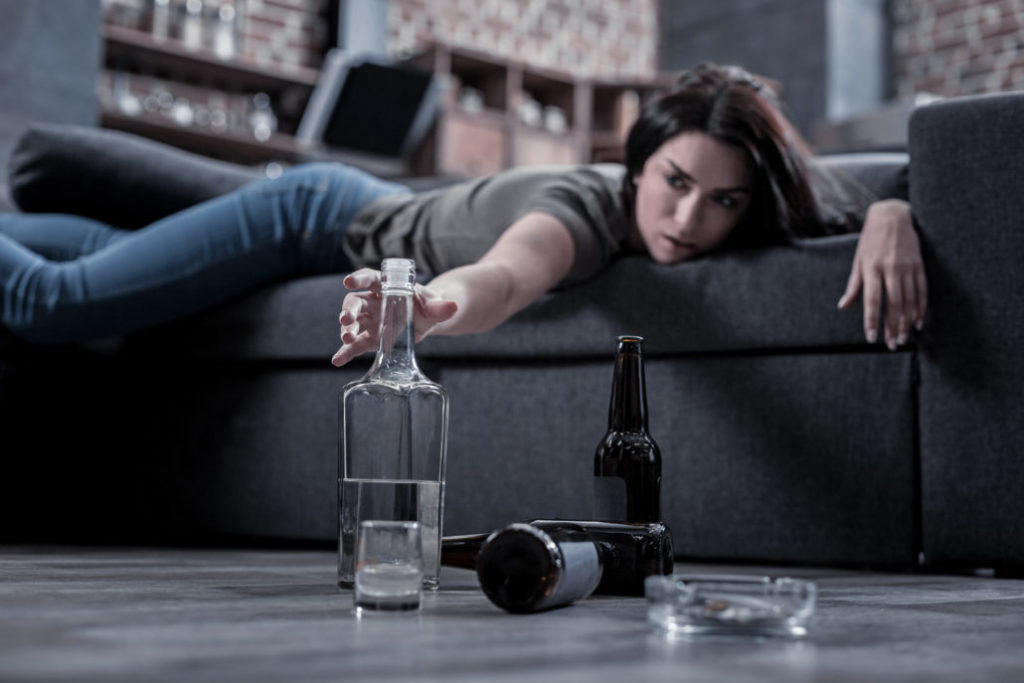
Other kinds of muscle relaxers and alcohol may be addictive too. Cyclobenzaprine (Flexeril) has also been linked to misuse and abuse. With prolonged use, you can become physically dependent on some muscle relaxants. This means that without the medication, you can have withdrawal symptoms. You may have insomnia, vomiting, or anxiety when you stop taking it. [2]
Mixing Muscle Relaxers and Alcohol
Muscle relaxers and alcohol both depress your central nervous system. They work to slow brain activity, which can slow functions down your breathing and heart rate as well. They can also make you feel calm or sleepy. Since both muscle relaxers and alcohol have this depressant effect, combining the two can compound their impact on your body. This means that the side effects of muscle relaxers, such as drowsiness or dizziness, can be intensified when you drink alcohol.
The Dangers of Combining Alcohol and Muscle Relaxants
Previous research from the Substance Abuse and Mental Health Services Administration (SAMHSA) has shown that up to 18% of emergency department cases involving skeletal muscle relaxants also were linked with alcohol consumption. Carisoprodol and cyclobenzaprine are frequently misused for non-medical reasons. [3]
- Centrally-acting agents can lead to added central nervous system depression when consumed with alcohol. Side effects such as dizziness, drowsiness, sedation, confusion, weakness and problems with judgement or thinking can occur.
- Avoid hazardous activities such as driving or operating dangerous machinery, or engaging in high-risk activities.
- Carisoprodol (Soma) is metabolized to meprobamate and can lead to an opiate-like effect when combined with alcohol.
- A few muscles relaxers, such as the botulinum toxins (Botox, Dysport, Myobloc) and dantrolene work directly on muscle fibers in the peripheral nervous system. The botulinum toxins are not reported to have an interaction with alcohol. However, dantrolene can cause CNS depression and use with alcohol should be avoided.
- In addition to CNS depression, tizanidine may also have additive effects on lowering your blood pressure (hypotension) if combined with alcohol. You may experience headache, drowsiness, dizziness, lightheadedness, fainting, falling, difficulty concentrating, and/or changes in pulse or heart rate. Use caution when rising from a sitting or lying position.
Muscle relaxants are not recommended for use by pregnant women, older adults, or people who have a history of depression or drug or alcohol abuse.
Side Effects of Muscle Relaxers and Alcohol
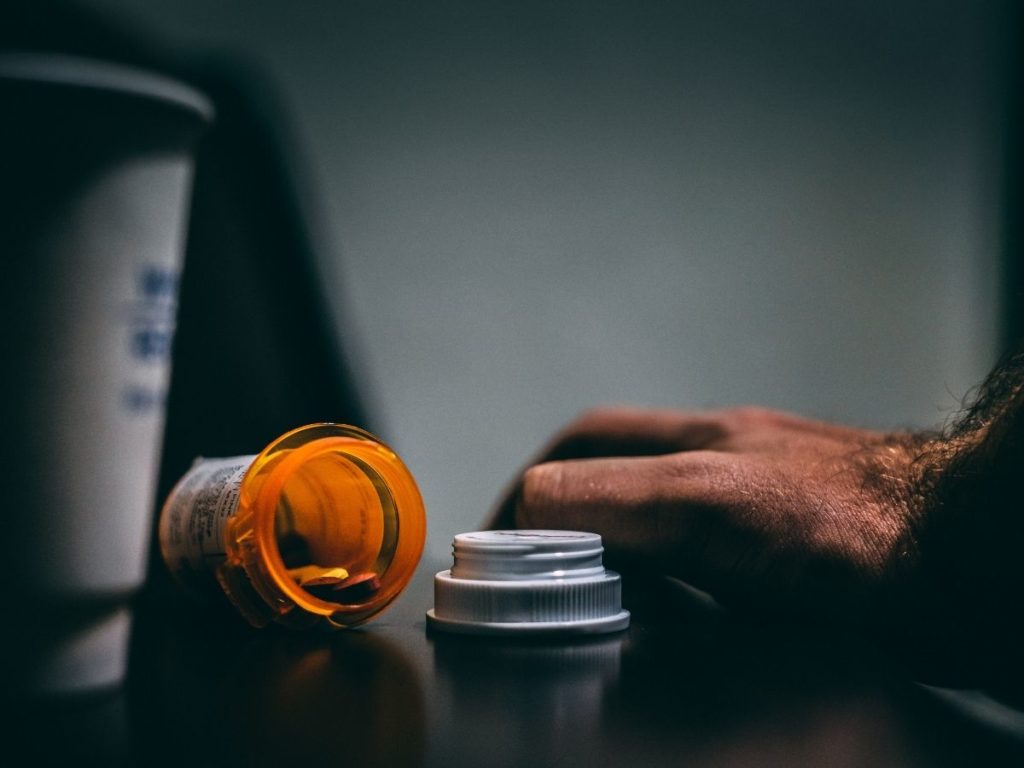
Mixing muscle relaxers and alcohol can make the effects of muscle relaxers more intense — and not in a good way. This can lead to potentially dangerous symptoms, [4] such as:
- Increased drowsiness or tiredness
- Dizziness or light-headedness
- Slowed breathing
- Reduced motor control or coordination
- Problems with memory
- Increased risk of seizures
- Increased risk of drug overdose
Additionally, both muscle relaxers and alcohol are potentially addictive substances. Long-term use of either or both may increase your risk of developing an addiction.
Why Do People Combine Alcohol and Muscle Relaxants?
The National Institute on Alcohol Abuse and Alcoholism states that mixing medications or muscle relaxers and alcohol, which includes mixing muscle relaxers and beer, may interact in harmful ways even when these are not taken together. The agency also notes two other factors that may increase risks for alcohol-muscle relaxant interactions: sex and age. [5]
Habitually or deliberately drinking on muscle relaxers is one of the signs of substance abuse or misuse. Do muscle relaxers make one high? Yes, they have been reported to cause mild to severe degrees of euphoric high. People who abuse muscle relaxants observe that alcohol amplifies the high that can be derived from an alcohol-muscle relaxant mix.
The Substance Abuse and Mental Health Services Administration released a report on prescription drugs misuse among adults. The study includes prescription tranquilizers, where data about muscle relaxant drugs are lodged. The informants indicated that the top two reasons for misusing prescription tranquilizers were: to get relaxed and to get better sleep.
When muscle relaxers and alcohol are combined, the depressant effect of both types of substances on the central nervous system is magnified. This lowers the threshold for an overdose to occur.
What About Muscle Relaxers for Alcohol Withdrawal?
According to the study of the Society of Hospital Medicine, they have found that the use of baclofen (a muscle relaxer medication) was associated with a significant reduction in the use of high doses of benzodiazepine (lorazepam) in the management of symptomatic alcohol withdrawal syndrome (AWS). The use of low-dose baclofen in the management of AWS deserves further study, as reduced dependence on high-dose benzodiazepines in AWS management could improve patient safety. [6] It’s believed that baclofen works by mimicking the effects of alcohol on a specific type of receptor in the brain. But so far, evidence supporting the use of baclofen for alcohol withdrawal is limited.
Mental Health Issues and Alcohol Use Disorder
Depression and anxiety often go hand in hand with heavy drinking. Studies show that people who are alcohol dependent are two to three times as likely to suffer from major depression or anxiety over their lifetime. When addressing drinking problems with alcohol treatment, it’s important to also seek therapies for any accompanying medical and mental health issues.
According to the National Survey on Drug Use and Health, 9.5 million U.S. adults experienced both mental illness and a substance use disorder in 2019. [7] The best alcohol treatment with dual diagnosis is integrated intervention, this is when you receive care for both your diagnosed mental illness and substance use disorder, such as alcohol.
Muscle Relaxers and Alcohol Infographics
The infographic below illustrates the relationship between muscle relaxers and alcohol, both of which depress the central nervous system. By slowing brain activity, they can impede functions such as breathing and heart rate, inducing feelings of calmness or drowsiness. Combining muscle relaxers and alcohol amplifies their depressant effects, intensifying side effects like drowsiness and dizziness.
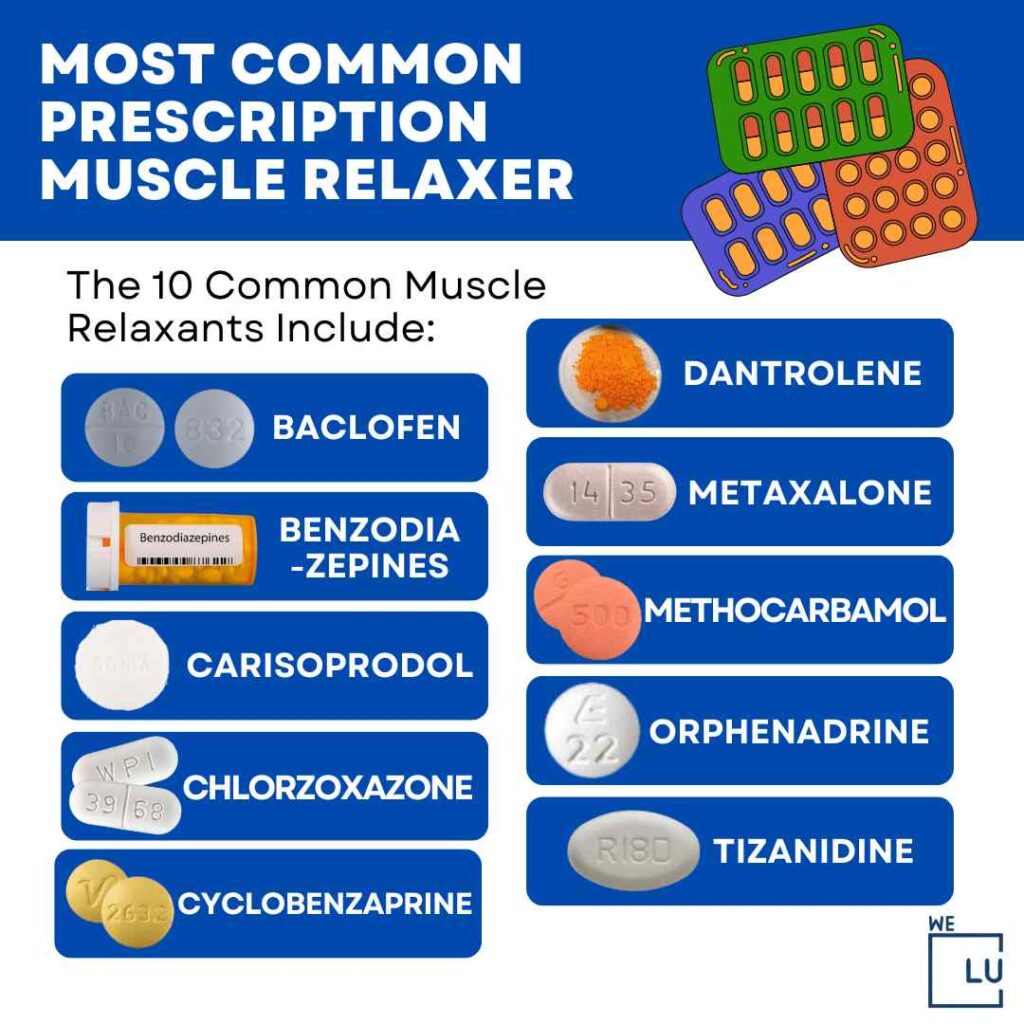
Embed the above “Most Common Over The Counter Muscle Relaxer” Infographic to your Website. This infographic is provided by the We Level Up Addiction Treatment Center team. To use the above infographics, you agree to link back and attribute its source and owner at https://weleveluptx.com/muscle-relaxers-and-alcohol/
Most Common Over The Counter Muscle Relaxer image link: https://weleveluptx.com/wp-content/uploads/2024/02/Most-Common-Over-The-Counter-Muscle-Relaxer-1024×1024.jpg
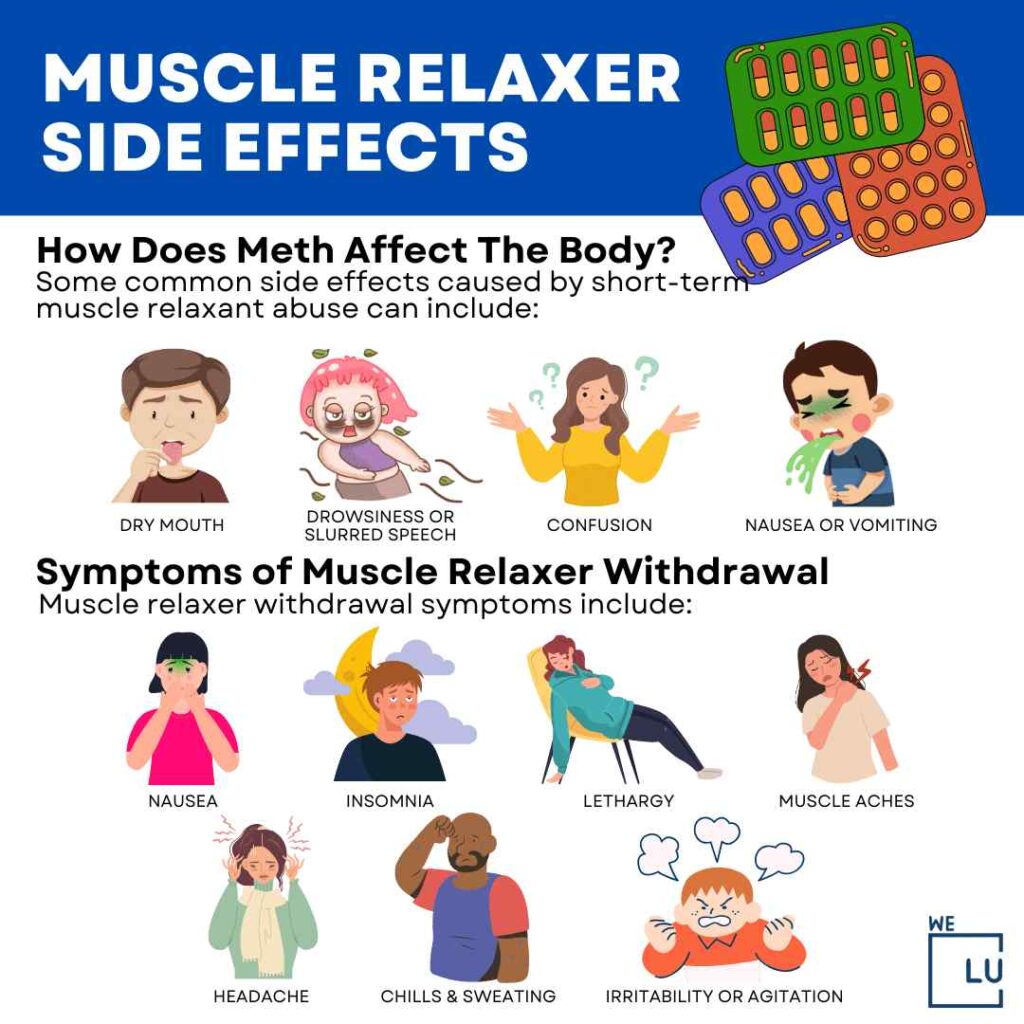
Embed the above “Muscle Relaxer Side Effects” Infographic to your Website. This infographic is provided by the We Level Up Addiction Treatment Center team. To use the above infographics, you agree to link back and attribute its source and owner at https://weleveluptx.com/muscle-relaxers-and-alcohol/
Muscle Relaxer Side Effects image link: https://weleveluptx.com/wp-content/uploads/2024/02/Muscle-Relaxer-Side-Effects-1024×1024.jpg
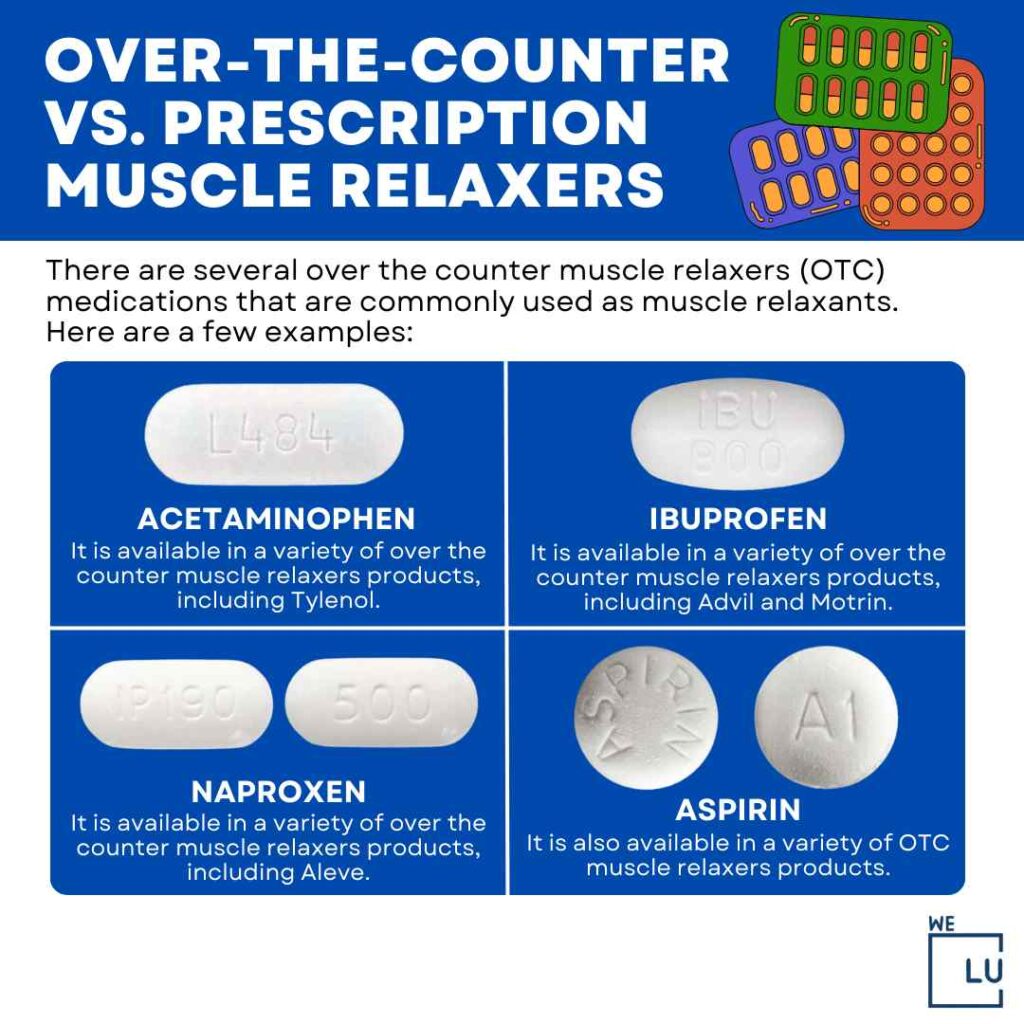
Embed the above “Over-The-Counter vs. Prescription Muscle Relaxers” Infographic to your Website. This infographic is provided by the We Level Up Addiction Treatment Center team. To use the above infographics, you agree to link back and attribute its source and owner at https://weleveluptx.com/muscle-relaxers-and-alcohol/
Over-The-Counter vs. Prescription Muscle Relaxers image link: https://weleveluptx.com/wp-content/uploads/2024/02/Over-The-Counter-vs.-Prescription-Muscle-Relaxers-1024×1024.jpg
Struggling with Alcohol Addiction?
If you’ve already mixed muscle relaxants and alcohol, stop drinking immediately. To err on the side of caution, it’s best to see a healthcare professional as soon as possible, especially if you’ve had more than one drink or don’t drink often. Remember, alcohol can intensify the effects of muscle relaxers, and combining the two can lead to an increased risk of overdose.
There are an estimated 17 million adults and adolescents with alcohol use disorder (AUD). Sadly, the National Institute on Drug Abuse estimates that only 1 of every ten seek or receive any treatment. Part of the reason for such dismal numbers is that most individuals aren’t aware that they have a drinking problem. [8]
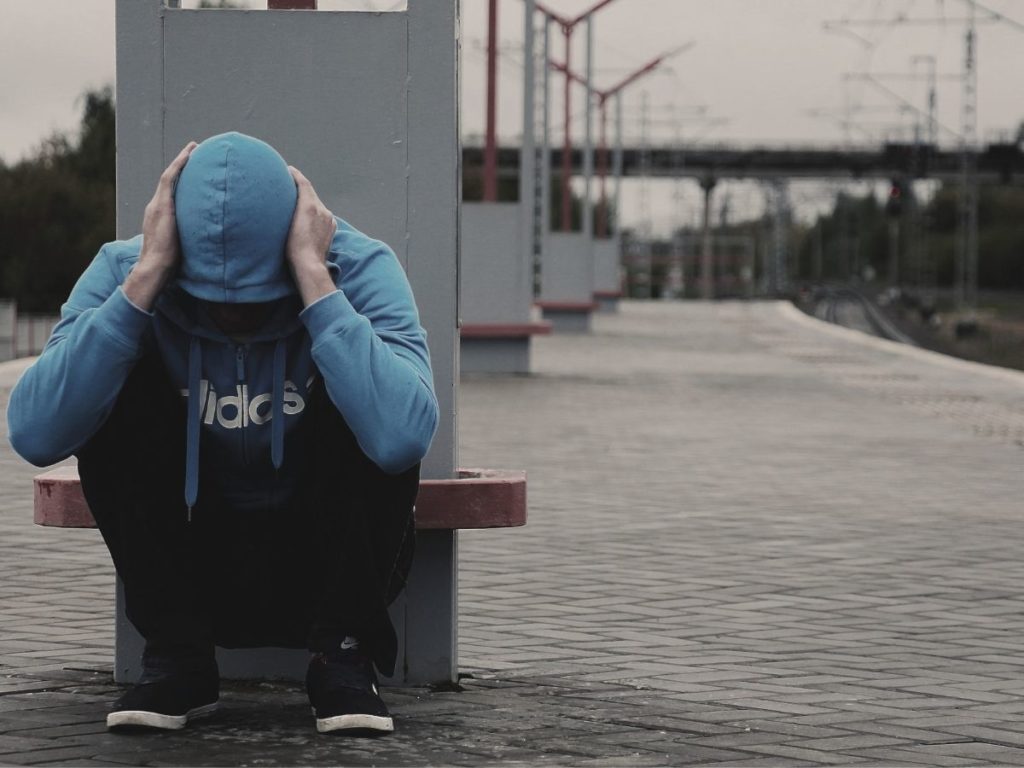
Alcoholism is a severe and debilitating disease that will progressively get worse the longer it goes untreated. Exhibiting even one of these behaviors can be indicative of potentially dangerous alcohol addiction. An alcohol rehabilitation center can help mitigate the unpleasant withdrawal effects and help with behavioral therapy for this chronic relapsing brain disorder.
Drug and alcohol rehab centers serve several functions related to addiction treatment and recovery. Recovery starts with getting sober and is a part of your life indefinitely. And then, after you stop drinking or using, you still have a lifelong challenge of staying clean and sober. So, you will need a solid commitment. Providing therapy, education, and support for recovery after treatment is just as crucial for a treatment center, if not more so than helping you get sober. The major of programming at any rehab center is focusing on building skills and habits that encourage long-term sobriety.
If you or someone you love is seeking a safe, secure, and compassionate resource for alcohol treatment and if you’re struggling with muscle relaxers and alcohol, We Level Up TX is here for you. Call us and speak with an addiction counselor today about our levels of care.
Sources:
[1-2] Do I Need a Muscle Relaxer? – https://www.webmd.com/back-pain/do-i-need-a-muscle-relaxer
[3] Muscle Relaxants and Alcohol Interactions – https://www.drugs.com/article/muscle-relaxants-alcohol.html
[4] Can You Mix Muscle Relaxers and Alcohol? – https://www.healthline.com/health/muscle-relaxers-and-alcohol
[5] Muscle Relaxers And Alcohol: Is Drinking On Muscle Relaxers Lethal? – https://addictionresource.com/drugs/muscle-relaxers/and-alcohol/
[6] Treating alcohol withdrawal with oral baclofen: a randomized, double-blind, placebo-controlled trial – National Center for Biotechnology Information
[7] Key Substance Use and Mental Health Indicators in the United States – Substance Abuse and Mental Health Service Administration
[8] Alcohol Use Disorder – National Institute on Alcohol Abuse and Alcoholism

